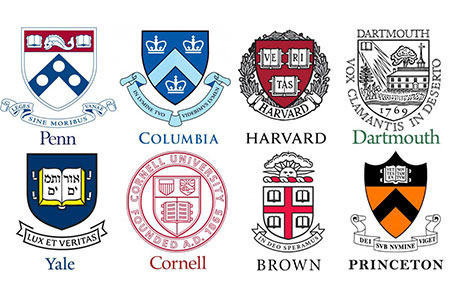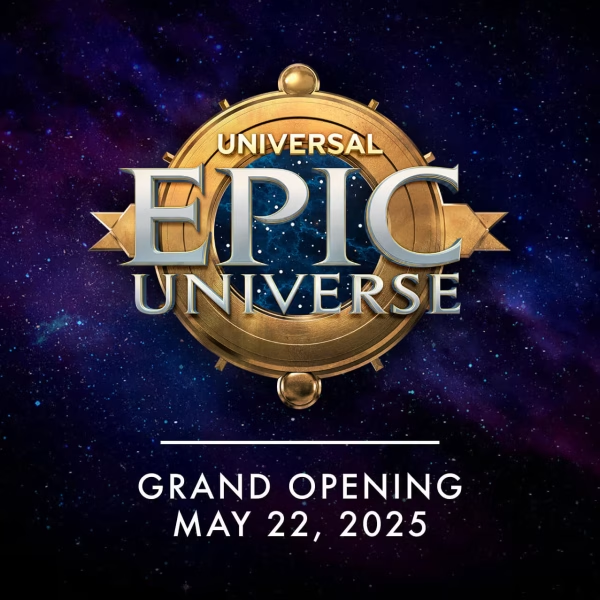The appeal of Ivy League schools comes with a high price

Deciding which university or college to attend is one of the most important decisions for a college-bound high school senior to make. Price, location and available programs and majors are just some of the many factors seniors have to take into consideration when making this decision in next step in their education.
Some brave students decide to take the leap and apply to the most prestigious schools in the United States. Some of the most prestigious are the Ivy League schools which include Brown University, Columbia University, Cornell University, Dartmouth College, Harvard University, Princeton University, University of Pennsylvania, and Yale University.
With Ivy League schools becoming more rigorous every year and the application process becoming more difficult, some students question whether applying to the Ivy League schools is even worth it. Students ask themselves: to what extent will attending an esteemed institution help me to have a better career?
Many students look towards respected universities for their notoriety. Olympic Heights Guidance Department chairperson Dr. Ivett Urbina stated, “Being a part of the most renowned institutions, becoming a part of the tradition, and belonging to a legacy institution is very appealing to students and their families.”
One of the largest appeals of the Ivy League schools is that they have helped students obtain better jobs by providing undergraduate students with personalized career services. Yale University, for example, develops opportunities for students through their alumni and faculty who connect them to public and private employers across the country.
These kinds of extensive alumni networks are very attractive to students. “In my opinion getting access to a network of opportunities is the main appeal of these universities,” Urbina added.
Olympians Advanced Placement Academy coordinator and AICE administrator Ms. Kelly Lawrence adds, “The prestige of attending and overall perception of educational excellence are driving forces for most who seek admission to an Ivy. The possession of a degree from such an institution carries with it an unquestionable weight, advantage, and again, prestige.”
“Ivy League graduates are overrepresented in leadership roles in the corporate and political worlds. One study showed that nearly a third of Fortune 500 directors and CEOs attended elite undergraduate institutions,” reports Shemmassian Academic Consulting. Ivy league schools have top-notch funding, alumni, and programs, which many arguably give their students a better education. However, they also come with a cost, a very high one at that.
Cost is the top factor that students consider when deciding which university or college to attend. When applying to an Ivy League school, that factor becomes even more prevalent. The average cost of tuition for Ivy League schools is $56,746 a year, and that does not include housing, food, and textbooks. Few students actually receive scholarships, and this can make costs difficult and near-impossible for working-class families.
As to whether or not Ivy League schools are worth the cost, Lawrence comments, “I think the answer to this question is somewhat relative to the student who is attending. Some students earn merit-based tuition assistance, and some earn need-based assistance, so for many, the cost differential compared to other schools can be somewhat negligible; Additionally, what may be “expensive” for one may not be for another. I also believe that one’s perception of a school’s ‘worth’ directly correlates to the student’s overall experience with the institution as a whole.”
Nevertheless, OH sophomore Payton Betz doesn’t believe that Ivy League schools are worth the cost “because there are different schools besides Ivy League that can give you the same degree of education as Ivy league schools.”
While top-rated public universities have higher acceptance rates than Ivy League schools, it is not clear how different their education quality is. After all, plenty of public universities are even referred to as “public Ivies” due to their high academic standards. Schools such as the University of California, Los Angeles, and the University of North Carolina at Chapel Hill are prime examples of public Ivies.
The average acceptance rate for a top-rated public university is 66% while an Ivy League school is only 9%. While chances at acceptance to an Ivy League school are slim, Urbina urges students to apply if they feel they qualify and can afford the tuition. Urbina points out that OH has students accepted to Ivy League schools every year.










